
Osaka International Peace Center Osaka
A poignant museum detailing Osaka's WWII firebombing history, highlighting the human cost of war and the city's journey towards peace.
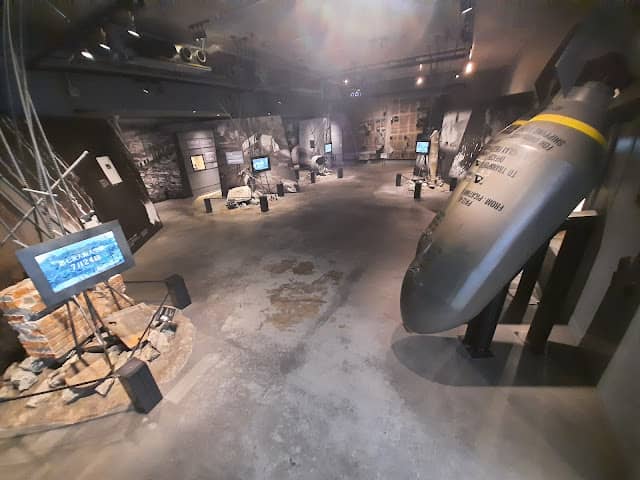
Highlights
Must-see attractions
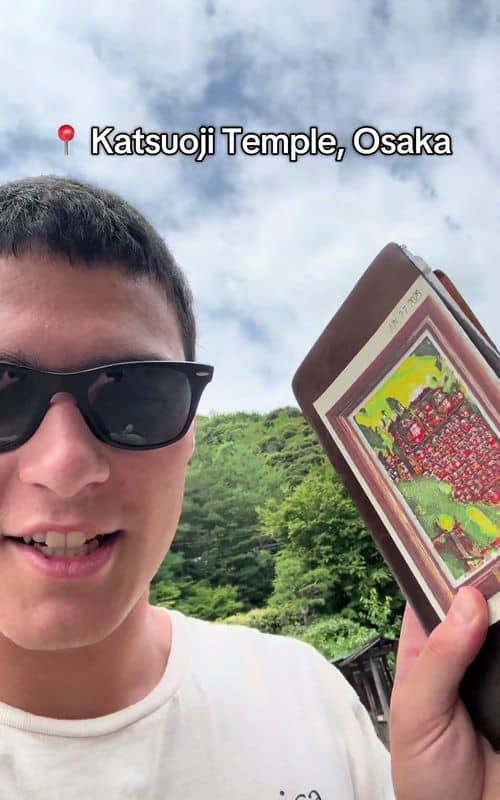
Social
From TikTok & Reddit
Best Time
Fewer crowds, more reflection

Osaka International Peace Center Osaka
Best Time
Fewer crowds, more reflection

Highlights
Must-see attractions
A poignant museum detailing Osaka's WWII firebombing history, highlighting the human cost of war and the city's journey towards peace.
"A vital, albeit somber, stop for understanding Osaka's resilience and commitment to peace."
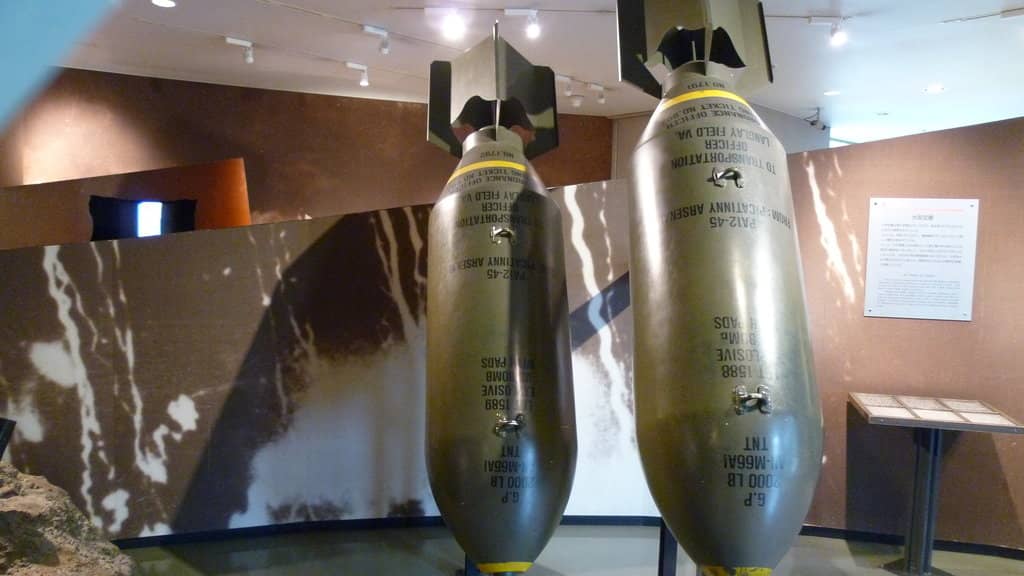
Allocate ample time
Give yourself at least 1-2 hours to truly absorb the impactful exhibits.
Prepare for emotional content
Exhibits can be graphic; approach with an open mind and respect.
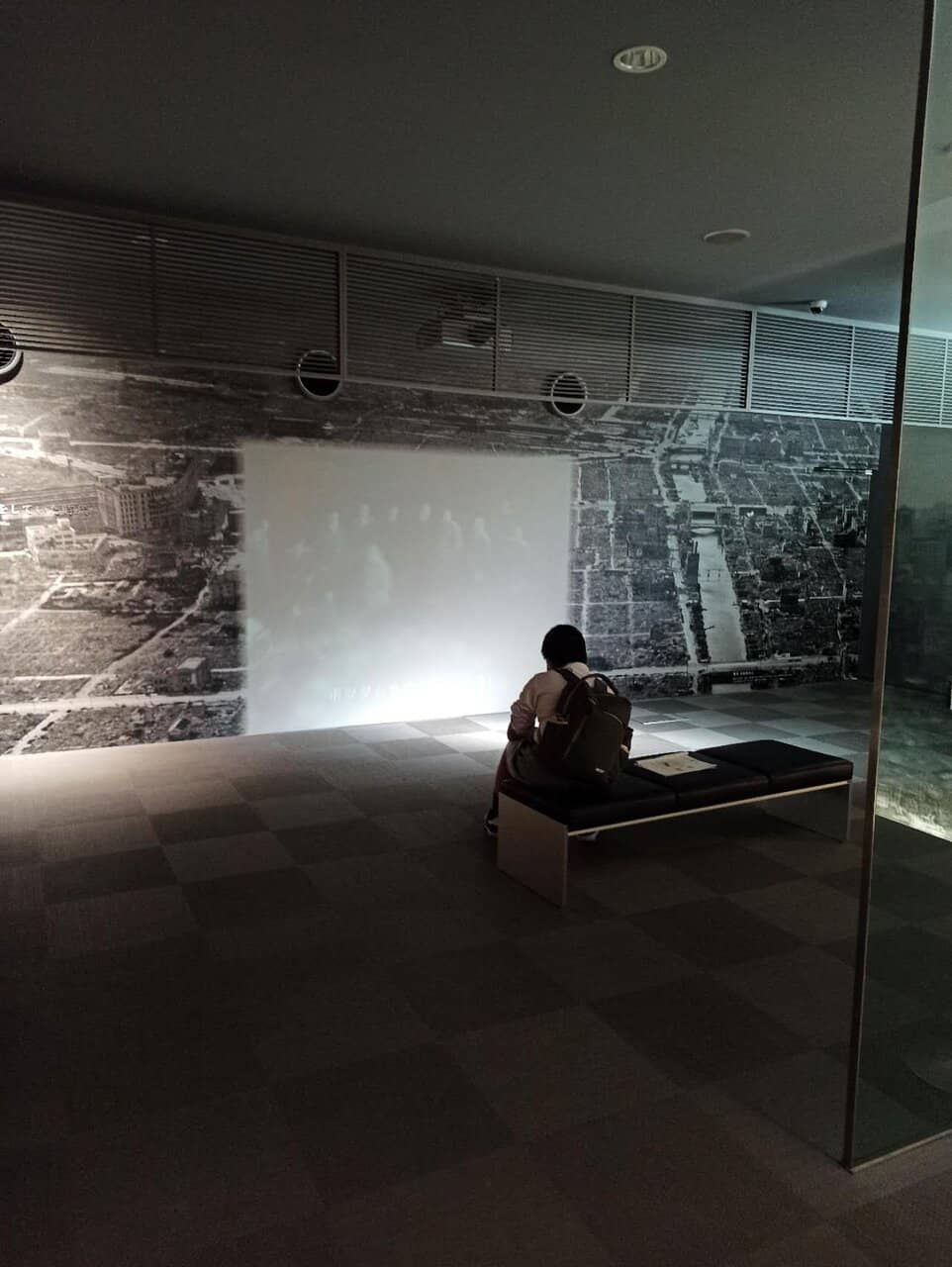
Highlights
Discover the most iconic attractions and experiences

WWII Firebombing Exhibits
Graphic and moving displays detailing the destruction and human toll of the Osaka air raids during World War II.

Reconstruction and Peace Efforts
Learn about Osaka's post-war recovery and the ongoing commitment to peace and international understanding.

Personal Stories and Testimonies
Hear firsthand accounts and see artifacts that bring the experiences of those who lived through the war to life.
Plans like a pro.
Thinks like you
Planning Your Visit
Understand the Impact of WWII
Allocate Sufficient Time
Best Times
Insider Tips
from TikTok, Instagram & Reddit
Allocate ample time
Give yourself at least 1-2 hours to truly absorb the impactful exhibits.
Prepare for emotional content
Exhibits can be graphic; approach with an open mind and respect.
Consider the context
Understand this museum's focus on WWII and its impact on Osaka.
Tips
from all over the internet
Allocate ample time
Give yourself at least 1-2 hours to truly absorb the impactful exhibits.
Prepare for emotional content
Exhibits can be graphic; approach with an open mind and respect.
Consider the context
Understand this museum's focus on WWII and its impact on Osaka.
What Travellers Say
Reviews Summary
Visitors find the Osaka International Peace Center to be a profoundly moving and educational experience, offering a critical look at the city's WWII history and its path to peace. While the exhibits can be emotionally challenging due to their graphic nature, they are highly praised for their historical accuracy and importance in understanding Osaka's resilience. It's considered a vital, albeit somber, stop for those seeking deeper historical context.
"This museum was the best part of the trip.I didnt think of it much when I went it.
There so much history about Japan
The United States dropped two atomic bombs on Japan during World War II: "Little Boy" on Hiroshima on August 6, 1945, and "Fat Man" on Nagasaki on August 9, 1945
After reading and watching the history of all this, I came out as a different person ( upset and crying) we were never taught about this at school only about the Holocaust.
If you go to Osaka make sure to go to this museum."
Mariam S
"One of the greatest museum. Strongly recommend for those who seek a war museum. The story start telling from Sino war to the end of ww2. Condense with tormented soul of the survivors and lost."
Kasemsan Predaboon
"The museum are focusing on the suffering of the Osaka people during WWII, and the truma that they had. The exhibition did a good job to show the hardship that Osaka people were facing, caused my the Japanese military government.
However, all these war were all started with a decaying Sino-Japanese relationship. The background text that they showed are very troubling, and heavily sugar coated. For example, in 1927, when the Chinese national party were advancing to Bejing, to subduing the Chinese warlords in Northern China, the Japanese were seeking "cooperative diplomacy" with the Chinese National party. The fact is, the Chinese national party were trying to avoid conflicts with the Japanese. The Chinese national party were even sending diplomats, to the Japanese army in Shandong for peace talk. However, these Chinese diplomats were murdered, and the Japanese army started a massacre in Shandong. This is the so called "cooperative diplomacy" by the Japanese.
This is just one of the many examples how the text tone down the violence by the Japanese army towards other Asian countries.
Oh by the way, Korean were heavily affected by the Sino-Japanese war, and played a key role as well, and they were only barely mentioned in the text.
All in all, the museum is about the suffering that the Osaka people had in WWII, which is fine and worth visiting. However, the background information that they provided is the problem. Therefore, I am suggesting visitors to do some homework prior to the visit."
Kevin Chan
What People Like
What People Dislike
Frequently Asked Questions
🚇 🗺️ Getting There
The Osaka International Peace Center (Peace Osaka) is accessible via public transport. It's a short walk from Tanimachi 4-chome Station (Tanimachi Line and Chuo Line) or Morinomiya Station (Chuo Line and JR Loop Line). Many visitors find it convenient to use the Osaka Amazing Pass for unlimited subway and bus travel, which can cover your journey to the center.
Limited parking may be available, but it's generally recommended to use public transportation due to convenience and potential cost savings. Check the official website for the most up-to-date parking information.
Yes, Peace Osaka is located in Osaka Castle Park, making it easy to combine with a visit to Osaka Castle. It's also relatively close to other central Osaka areas, though specific travel times will vary.
🎫 🎫 Tickets & Entry
The Osaka International Peace Center is typically open from 9:30 AM to 5:00 PM, with the last admission usually at 4:30 PM. It's advisable to check their official website for any seasonal changes or holiday closures before your visit.
Admission to the Osaka International Peace Center is generally very affordable, often around ¥200 for adults. This low cost makes it an accessible option for understanding Osaka's history.
Advance booking is usually not required for the Osaka International Peace Center, especially for individual visitors. You can typically purchase tickets upon arrival. However, for group visits, it's always a good idea to inquire about reservation procedures.
While the Osaka Amazing Pass covers many attractions, it's important to verify if it includes free or discounted entry to the Osaka International Peace Center. Some sources suggest it might not, so it's best to check the current pass inclusions.
🎫 🧭 Onsite Experience
The exhibits at Peace Osaka focus on the devastating impact of World War II, particularly the firebombings of Osaka. You'll find detailed displays, photographs, artifacts, and personal testimonies that illustrate the suffering and destruction, as well as the city's subsequent reconstruction and commitment to peace.
The content at Peace Osaka can be graphic and emotionally challenging due to its focus on war. While it's an important historical site, parents should consider their children's age and sensitivity before visiting. It's more suited for older children and adults who can process mature historical themes.
A typical visit to the Osaka International Peace Center takes about 1 to 2 hours. This allows enough time to explore the exhibits thoroughly and reflect on the historical information presented.
The museum may host temporary or special exhibitions related to peace, war, or Osaka's history. It's recommended to check the official Peace Osaka website for information on current special exhibits during your planned visit.
Photography is generally not permitted inside the exhibition halls of the Osaka International Peace Center to preserve the artifacts and maintain a respectful atmosphere for visitors. Please adhere to the signage and staff instructions regarding photography.
🍽️ 🍽️ Food & Dining
The Osaka International Peace Center typically does not have extensive dining facilities within the museum itself. However, being located within Osaka Castle Park, there are usually cafes or food stalls nearby where you can grab a snack or a light meal.
Since Peace Osaka is near Osaka Castle, you can find various dining options in the surrounding areas. For a more local experience, consider exploring the neighborhoods around Morinomiya or Tanimachi 4-chome stations for restaurants serving Osaka's soul food like takoyaki and okonomiyaki.
📸 📸 Photography
While photography is restricted inside the museum, the exterior and the surrounding Osaka Castle Park offer excellent photo opportunities. You can capture the museum's architecture against the backdrop of the park or the iconic Osaka Castle.
No, photography of the exhibits inside the Osaka International Peace Center is generally prohibited. This is to protect the historical artifacts and maintain a respectful environment for all visitors.
For Different Travelers
Tailored advice for your travel style
👨👩👧 Families with Kids
If you do decide to visit, it's recommended to prepare children beforehand by explaining the nature of the museum and its focus on the impact of war. Focus on the aspects of reconstruction and the importance of peace. Consider visiting with older children who can better understand and process the historical context. Alternatively, you might explore other family-friendly attractions in Osaka Castle Park, such as Osaka Castle itself, which offers a more general historical perspective without the intense wartime focus.
🤔 History Enthusiasts
You'll find a wealth of information here that goes beyond general historical overviews, offering insights into the specific challenges faced by the city and its people. The museum's commitment to preserving personal stories and artifacts makes the history feel immediate and impactful. It's an excellent opportunity to gain a nuanced understanding of Osaka's past and its journey towards peace.
Deep Dives
In-depth insights and expert knowledge
Understanding Osaka's WWII History
Through a combination of photographs, artifacts, personal testimonies, and detailed exhibits, Peace Osaka aims to convey the harsh realities of war. Visitors can expect to see remnants of the bombings, learn about the daily lives of citizens during wartime, and understand the immense challenges faced during the post-war reconstruction. The center is not just a repository of historical facts but a space for reflection on the human cost of conflict and the importance of peace.
Beyond detailing the destruction, the museum also highlights Osaka's resilience and commitment to peace. It explores the efforts made to rebuild the city and foster international understanding in the decades following the war. This dual focus on the tragedy of war and the enduring pursuit of peace makes Peace Osaka a significant and thought-provoking destination for anyone seeking to understand the city's past and its aspirations for the future.
Navigating Osaka with the Amazing Pass
When planning your itinerary, consider how the pass can maximize your experience. Attractions like the Umeda Sky Building, Tsutenkaku Tower, and even some boat cruises are often included. While the Osaka International Peace Center might not always be directly covered by the pass for free entry, the transportation benefits alone can significantly reduce your overall travel costs and make getting around the city much more convenient.
It's essential to strategize your usage based on the number of days your pass is valid. For a one-day pass, focus on a cluster of attractions in a specific area to minimize travel time. Always check the latest inclusions and validity of the Osaka Amazing Pass on its official website before your trip, as offerings can change.
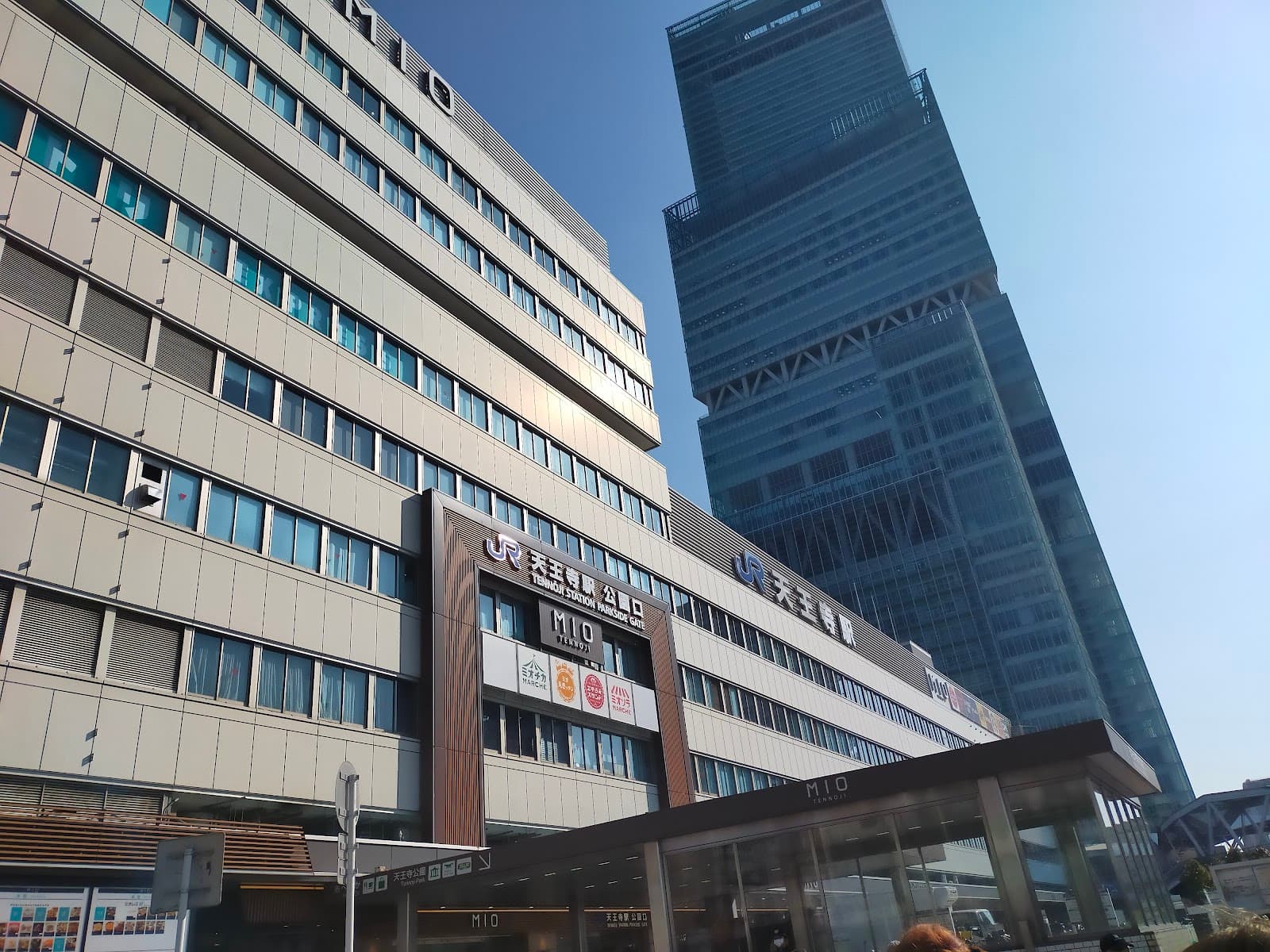
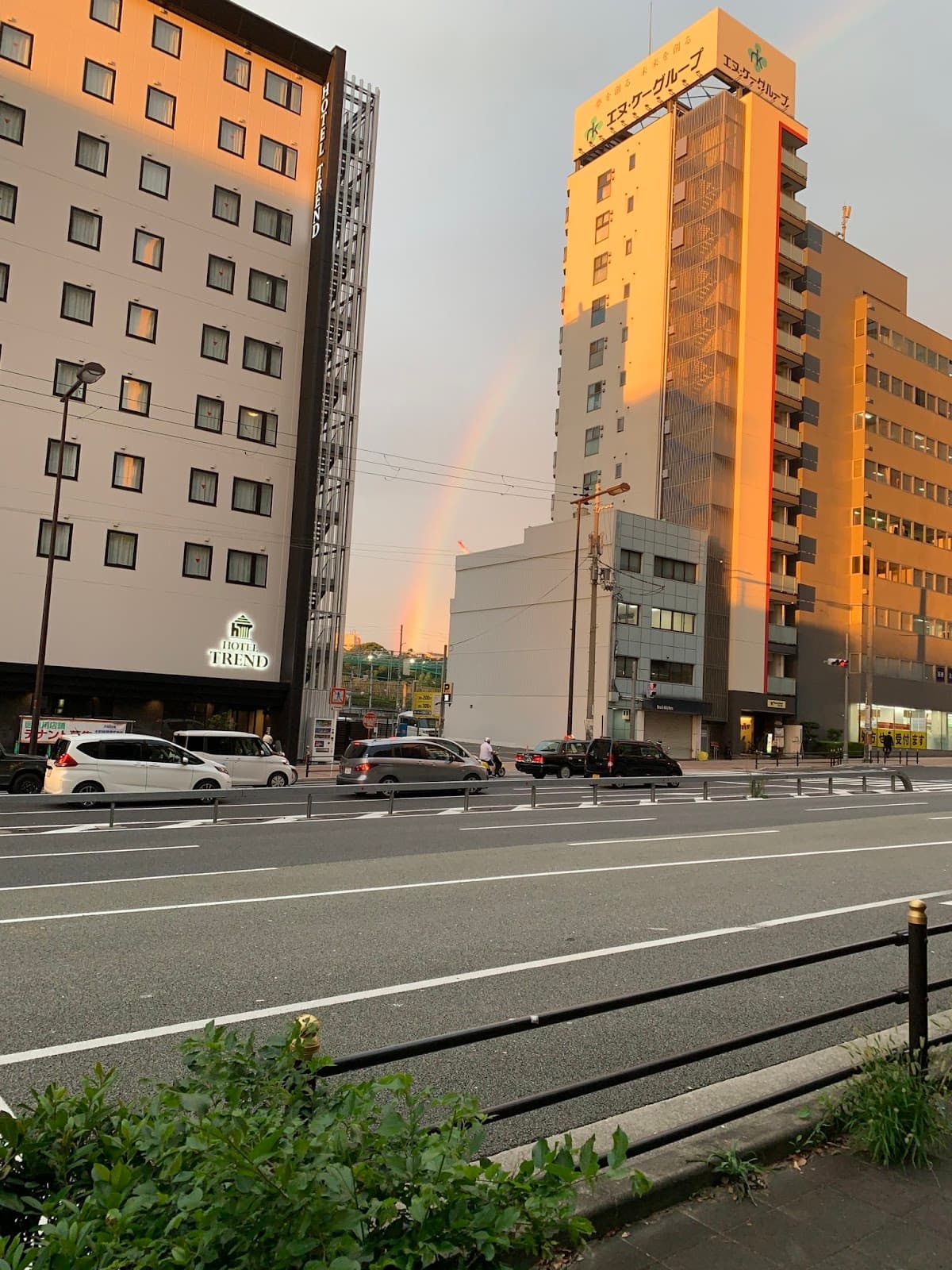
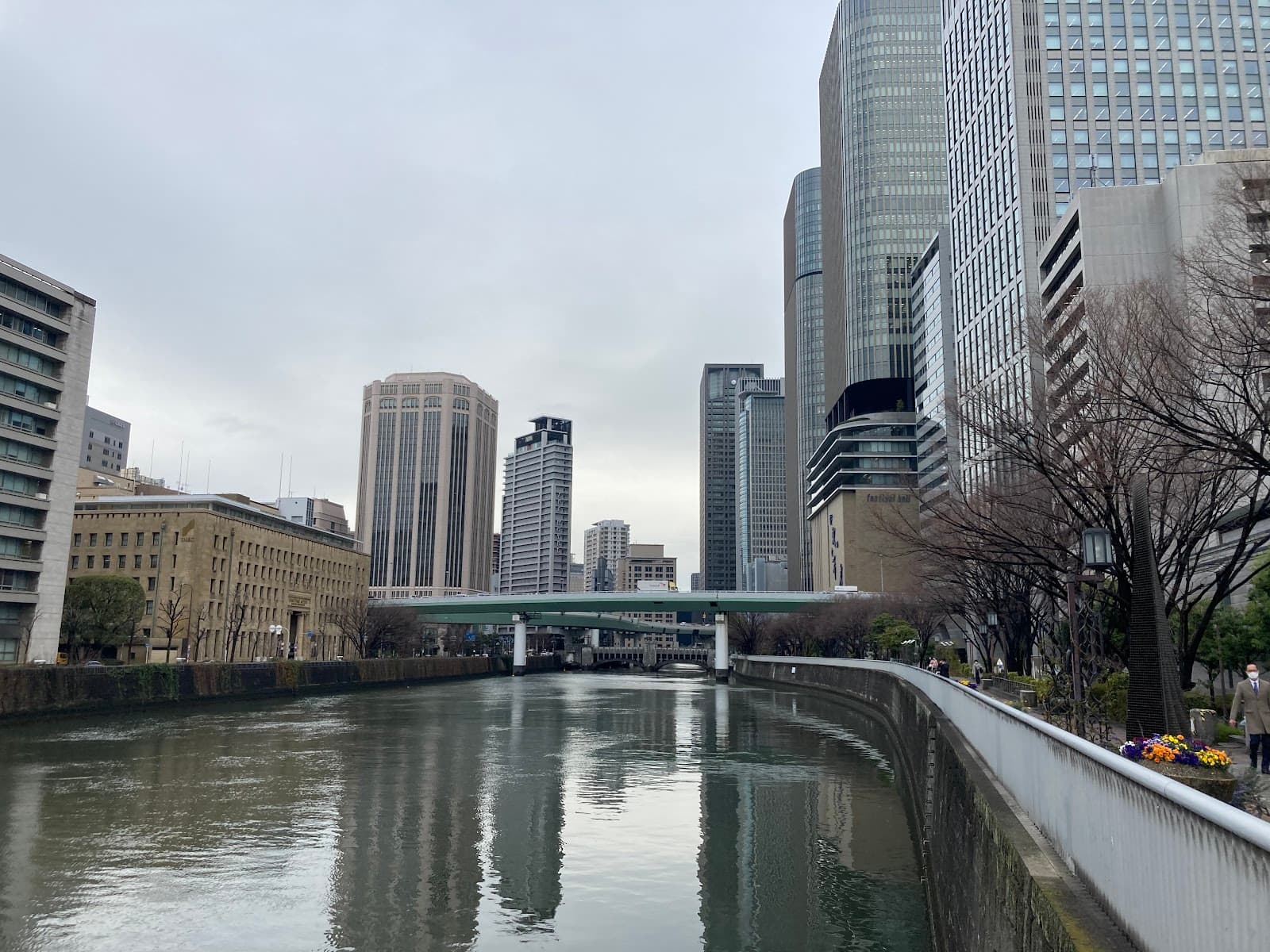
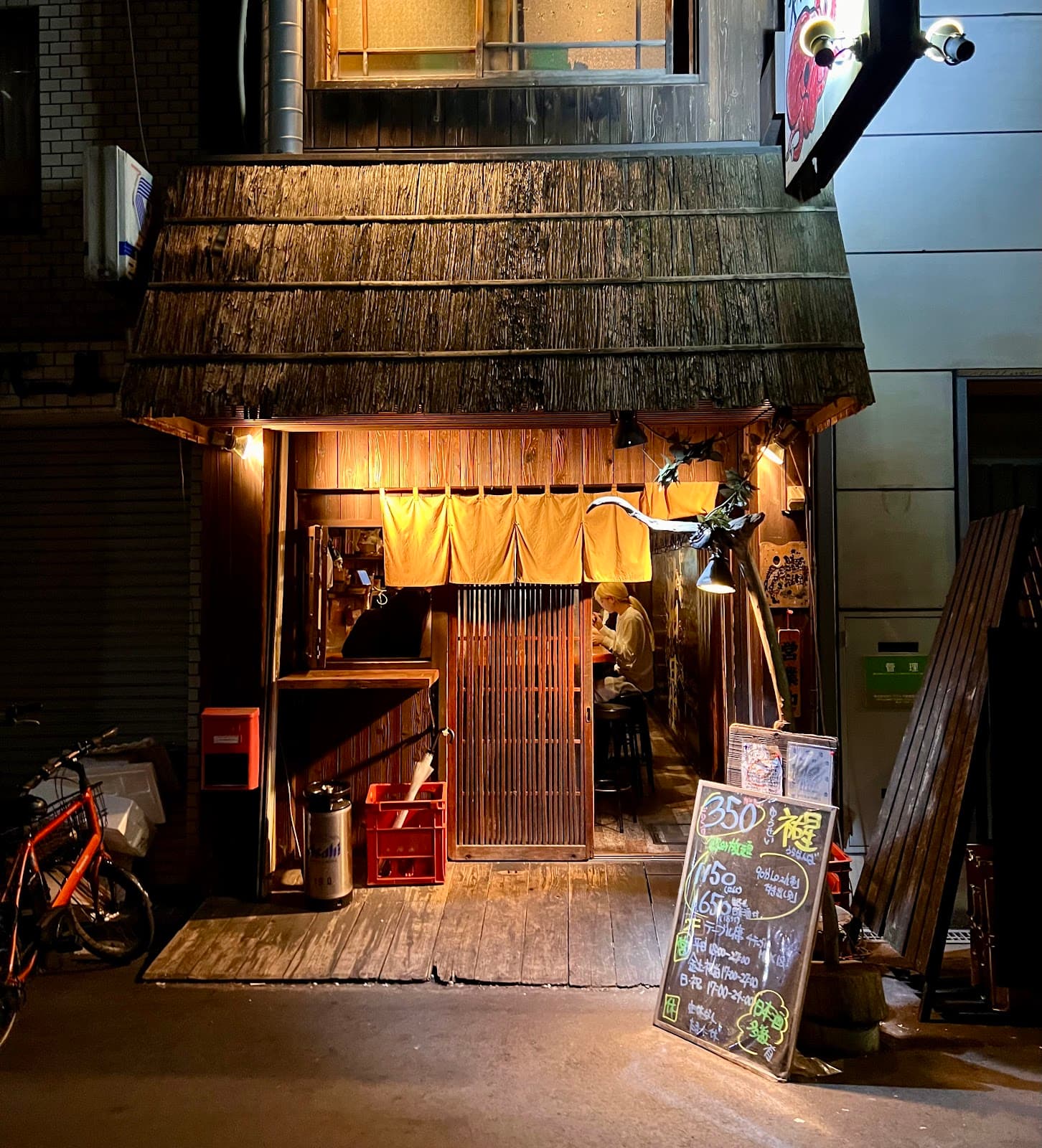


Social
from TikTok, Instagram & Reddit